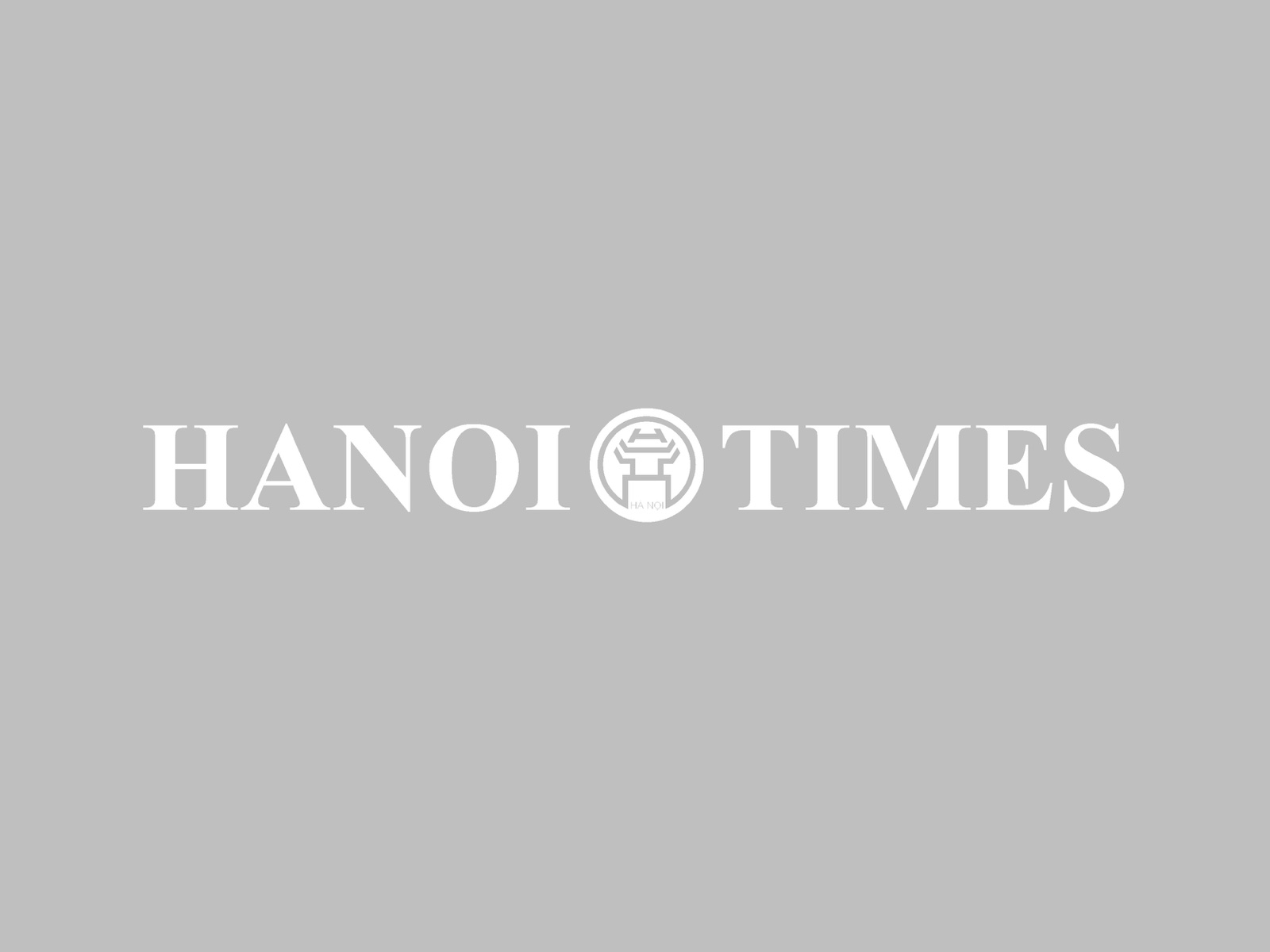Investment
Foreign investors put high hope on Vietnam’s healthcare sector
Sep 07, 2018 / 09:15 AM
Foreign investors are keen on Vietnam’s healthcare industry as they seek to tap into local patients’ spending on high-quality private healthcare services that have posted high growth in recent years.

Vietnam’s healthcare spending will grow to US$22.7 billion in 2021
|
VOF's investment will allow Tam Tri to upgrade its facilities, expand its current hospitals, increase its capacity and quality of healthcare services, as well as seek opportunities to acquire new hospitals.
Tam Tri claims to be growing by more than 30 percent per annum, as Vietnamese consumers look for alternatives to the public health system or travelling overseas to receive care.
Earlier, the market also saw foreign investors to pour trillions of Vietnamese dong in merger and acquisition (M&A) deals in the country’s healthcare sector this year. Notably, South Korea’s Sun Medical Center (SMC) acquired Nha Khoa My, an international network of dental clinics which has been operating in Vietnam for 15 years.
The healthcare sector this year was also stirred up by the news that Polish Adamed Group spent US$50 million to acquire 70 percent of Davipharm shares. This is the biggest Polish investment affair in Vietnam so far, made in anticipation of the Vietnam-Europe Free Trade Agreement, expected to be signed this year.
Quadria Capital, an independent, healthcare-focused private equity firm, last year also successfully acquired stake in French-invested FV Hospital in Vietnam. The investment is used to develop diagnostic and treatment centers for a select set of specialities. It also aims to provide citizens of central and southern Vietnam access to advanced care and treatment.
Big room for private healthcare providers
Saying about the investment in Tam Tri, Managing Director and Chief Investment Officer of VinaCapital Andy Ho said that it is estimated that Vietnamese people annually spend over US$2 billion for medical treatment overseas, a clear evidence of the enormous opportunity for quality domestic healthcare services.
Eng Aik Meng, chairman of the Singapore-Vietnam Cancer Centre, owned and managed by Vietnam Integrated Medical Services (VIMS), said that there remains big room for private healthcare providers to operate in Vietnam.
He said the outlook for foreign investors in the healthcare sector is positive as Vietnam’s population is ageing quickly, with 10 percent at or above the age of 60 in 2017 – in 15-20 years, the elderly will account for one-third of the total population.
Besides, the rapid urbanization is stimulating demand for quality healthcare within Vietnam while overcrowding in government hospitals is expected to intensify, resulting in long wait time and a shortage of beds, he said.
According to experts, economic growth and demographic changes are driving demand for healthcare services throughout Vietnam, and not just in the two economic centers of Hanoi and Ho Chi Minh City.
Business Monitor International (BMI) reported that Vietnam's healthcare expenditure was estimated at US$16.1 billion in 2017, which represented 7.5 percent of the country's GDP. BMI forecasts that healthcare spending will grow to US$22.7 billion in 2021, recording a compound annual growth rate (CAGR) of approximately 12.5 percent from 2017 to 2021.
A report on Vietnam’s private equity released by Grant Thornton also showed that in Vietnam, healthcare and pharmaceuticals ranked third in terms of industry attractiveness for investors, which was voted by 38 percent of participants as “very attractive”.
The demand for healthcare and safety has been increasing in line with customer’s awareness of health problems. Thus, the call for multinational businesses providing health related services are critical with the need for long-term investment, the report stated.








